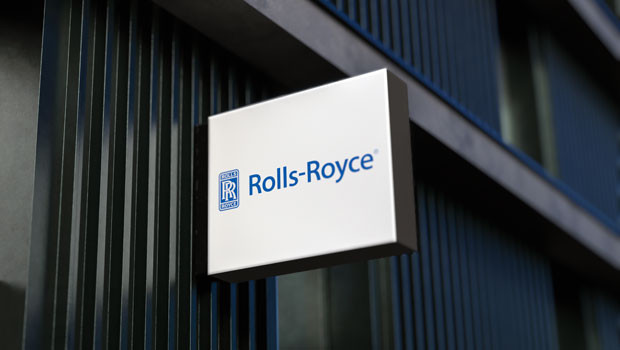Berenberg lowers Rolls-Royce to 'sell'

Analysts at Berenberg lowered aerospace and defence giant Rolls-Royce to 'sell' from 'hold' on Tuesday, citing an unfavourable risk/reward scenario, but marked up their target price on the stock from 100.0p to 240.0p.
Aerospace and Defence
11,633.93
08:39 23/12/24
FTSE 100
8,052.00
08:40 23/12/24
FTSE 350
4,445.68
08:40 23/12/24
FTSE All-Share
4,403.87
08:40 23/12/24
Rolls-Royce Holdings
575.60p
08:40 23/12/24
Berenberg explored the drivers of Rolls-Royce's margin expansion outlook through to 2027, which mostly relate to currency and favourable mix and base effects, some of which it thinks will reverse thereafter.
The German bank stated that pricing, the most important factor for intrinsic valuation, will be "a challenge", given current reliability issues for key engines, which serve an airline industry that typically operates on low margins and appears to be approaching peak earnings.
"The strategy to raise prices while reducing costs on long-term service agreements is key for underlying margins in the lead-up to 2027, and especially thereafter. We are impressed by what we have seen so far, noting Airbus seems to be working closely with Rolls-Royce to enable it to achieve its pricing goals, while customers (notably Emirates) have overtly pushed back on Rolls-Royce's pricing actions, as may be expected," said Berenberg. "However, the economics of an A350 (where Rolls-Royce is the sole source until circa 2030) will change, customers are elastic and there are competing products."
Berenberg added that while there were "many mechanical tailwinds" that should drive up cash and operating margins in the coming three years, to achieve medium-term guidance, Rolls-Royce will need to simultaneously improve cost, reliability and pricing, without any material operational or end-market-driven issues, which history seems to suggest will be easier said than done.
"After the 220% rally in the shares in 2023, the valuation discount to peers has narrowed materially, on a guidance framework that carries more downside that upside risk in the near term, in our view, and mechanically speaking some tailwinds are set to reverse from 2027. Net net, we see the risk/reward in the commercial aerospace division as unfavourable," concluded Berenberg.
Reporting by Iain Gilbert at Sharecast.com